With this nice weather, plenty of watermelons are being loaded in Southern Europe, destined for the northern countries. Fruitprint, a Dutch company that links retailers and distributors directly with organic growers worldwide, organizes watermelon sales from Greece, delivering most to Austrian and Danish customers.
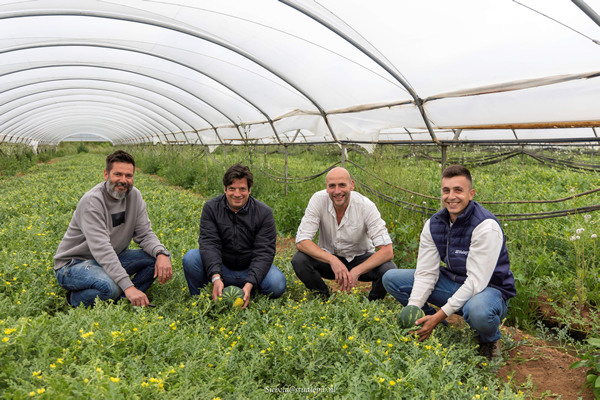
"This year, for the first time, our organic assortment includes watermelons," says Pieter de Keijzer. "We've been busy with these since May and load twice a week. The logistics are going well; transport takes two and a half days to Austria, three to the Netherlands, and four to Scandinavia."
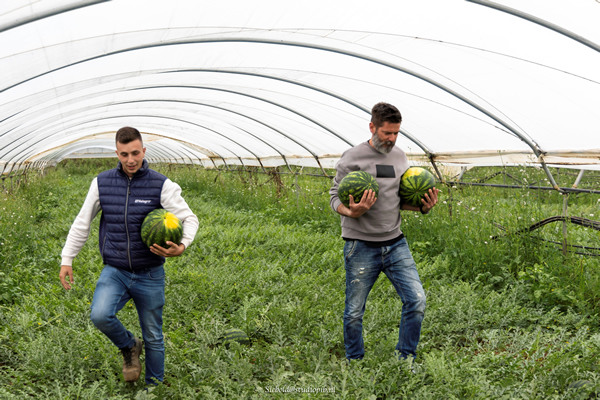
"In Greece, I work with a grower who specializes in different lettuce varieties, strawberries, and then also watermelons. Those used to only be sold on the local market. But this year, we began genuinely focusing on the export market since we more often got asked what we could do there. Because of the weather, the season started somewhat later than in Spain, but there's a true need to source from other countries. That increases supply security," Pieter explains.
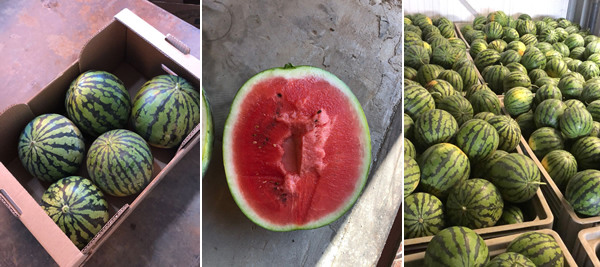
"We offer various kinds of watermelon: seeded or not, big and small. Demand is really shifting to seedless varieties. Most of the crop goes to fixed programs at fixed, attractive prices. In that sense, competition doesn't affect us that much, and everyone knows where they stand." The Dutch organic market is not that big yet, so most of the watermelons Pieter sources in Greece go to countries like Denmark and Austria.
Those countries have high organic consumption. "The great thing about Austria is that stores carry organic and conventional on the same shelf at the same price. Those retailers ask me how much organic I can supply and buy the rest conventional," Pieter continues.
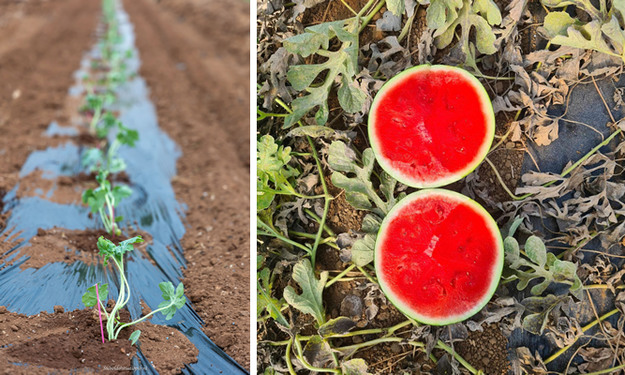
Besides watermelon, Fruitprint organizes exotic and top fruit, citrus, grapes, kiwis, and many other fruit varieties—all organic. To do so, it has contacts with growers in places including South Africa, Latin America, Egypt, Morocco, Argentina, and the EU. "We want to help growers increase their market and sales opportunities."
"We also want to offer supermarkets the chance to build direct relationships with growers. Currently, organic citrus from South Africa is our main business. That does pose challenges, especially with the last few weeks' rain. Organizing all that in the best possible way is what we do," Pieter concludes.
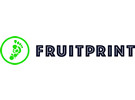 For more information:
For more information:
Pieter de Keijzer
Fruitprint
44 Spindermolen
3371 RN, Hardinxveld-Giessendam, NL
Tel: (+31) 623 407 197
Email: [email protected]
Website: www.fruitprint.eu
